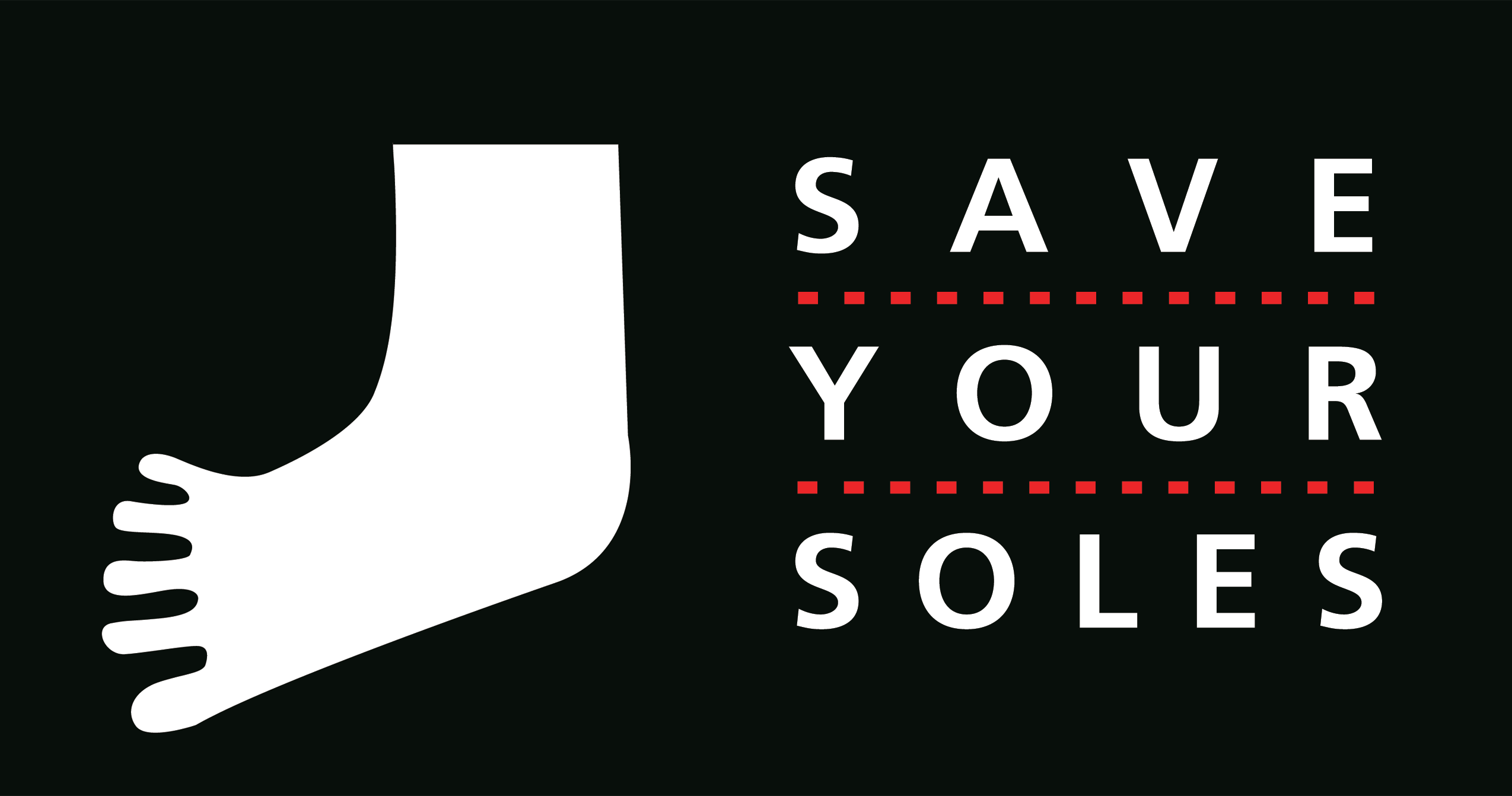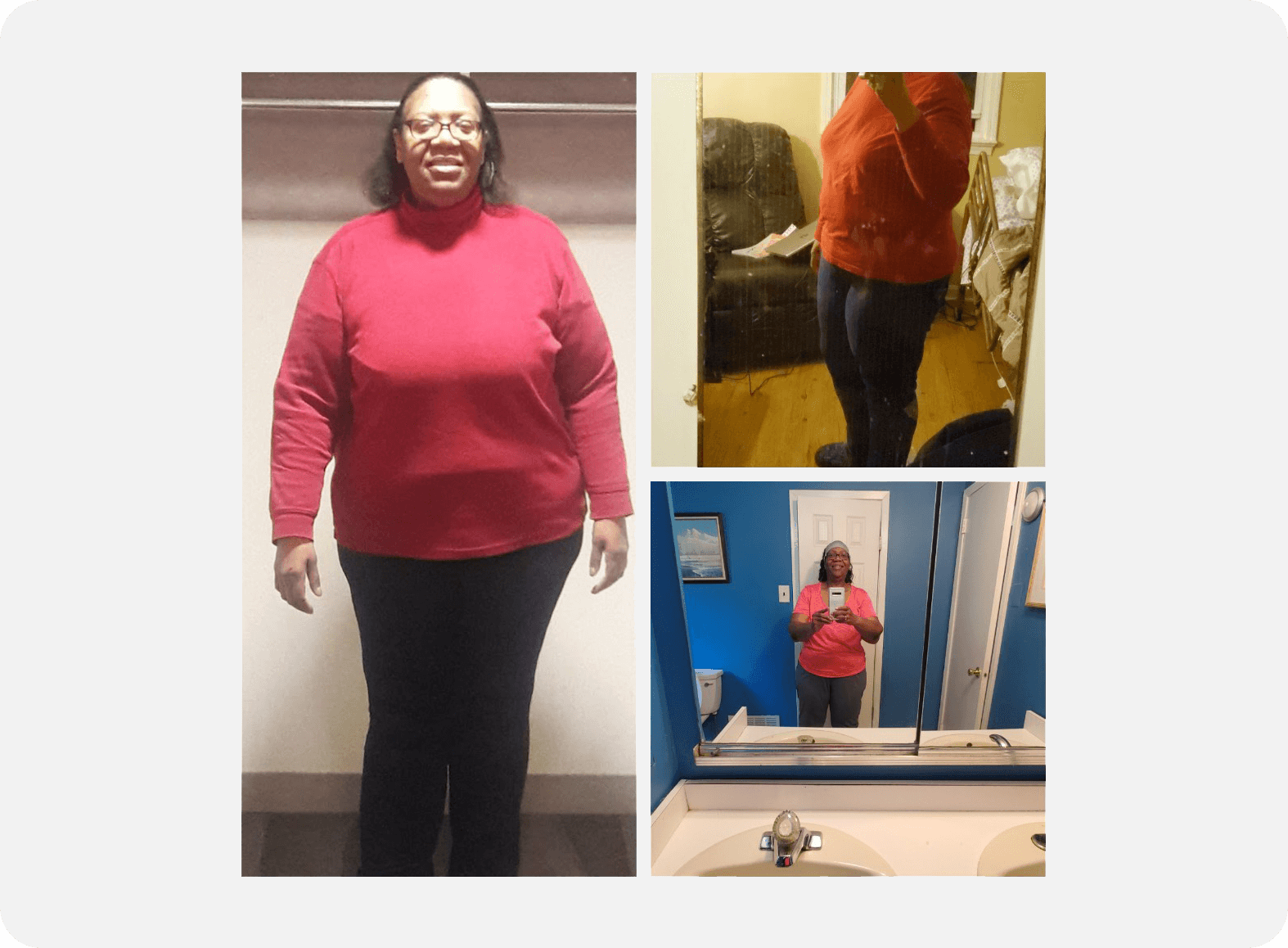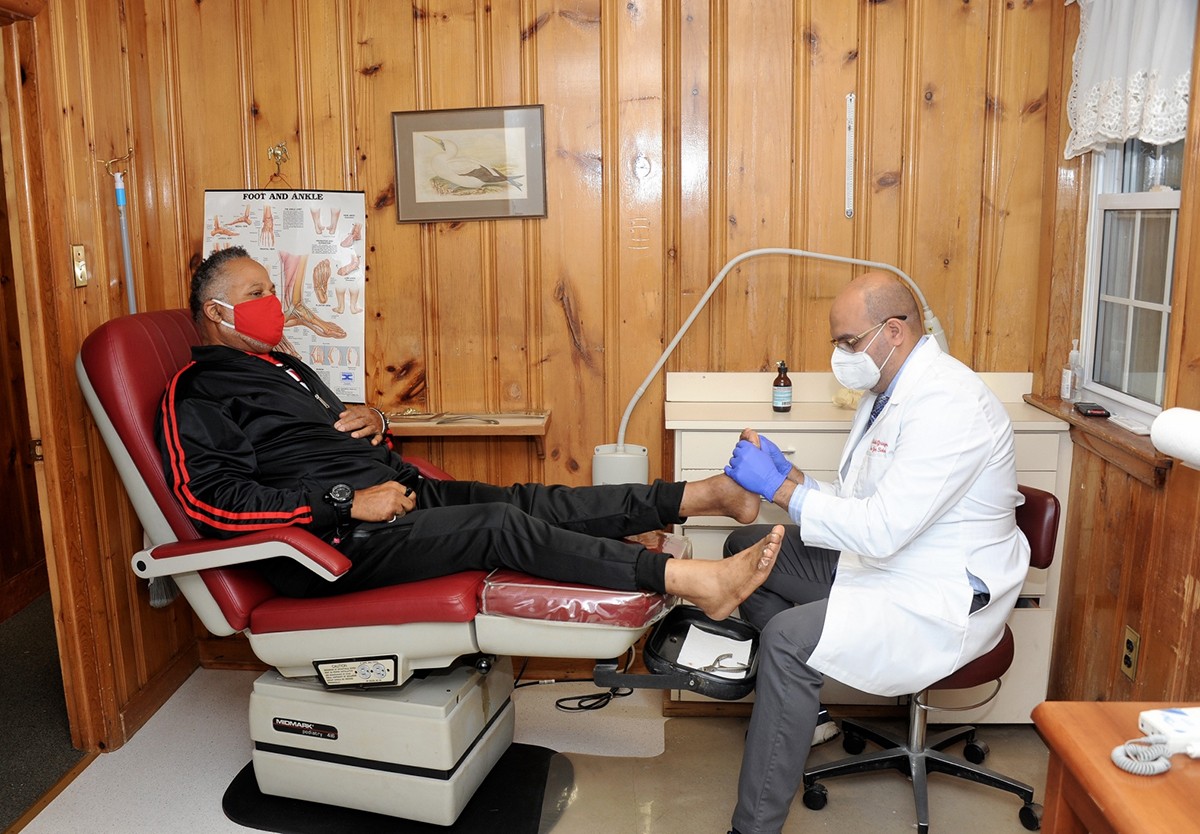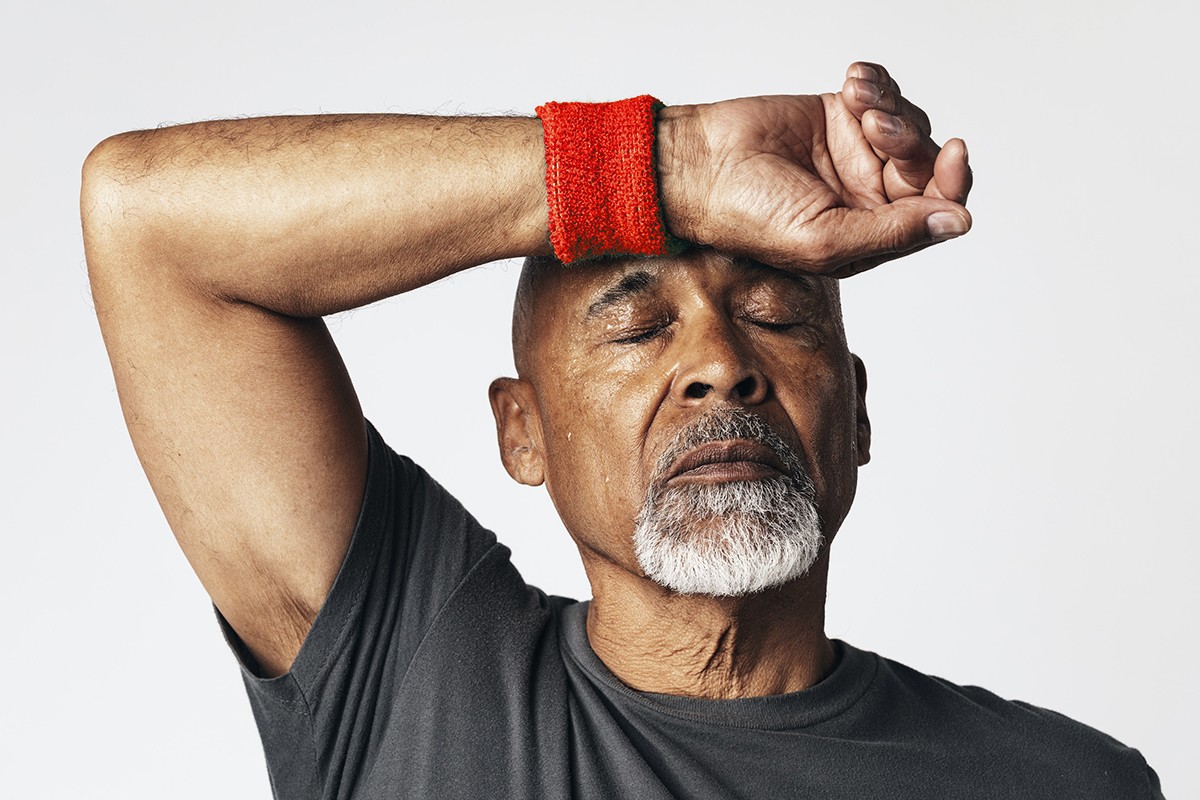Diabetes is often described as a sneaky disease because it can subtlety and slowly lead to serious health problems. Meet Permelia Brown, a patient of Save Your Soles. She is combating a variety of diseases due to her diabetes with traditional medicine along with a personal commitment to change her diabetes lifestyle and diet, and it’s clear that these changes are paying off.
When were you first diagnosed with diabetes?
In 1989 I was diagnosed with diabetes followed by a high blood pressure diagnosis in 2003 and neuropathy in 2007.
What was your primary foot problem and when did it begin? How has it been treated?
As a result of diabetes, I have neuropathy in both feet. Neuropathy causes a burning and stabbing pain and I had been suffering with neuropathy for about 10 years now. I was taking Gabapentin to reduce the pain. I also have Charcot joint disease, another result of my diabetes.
Two years ago, I developed an open sore on the bottom of my big toe and it became infected which caused swelling from my foot to my calf. I was treated by Dr. Renzi with antibiotics and he referred me to an infectious disease specialist at Temple. X-rays revealed that I needed surgery on my ankle to remove the infection.
After surgery, I followed up with Dr. Renzi and we discussed me having weight loss surgery to help relieve some of the pressure on my feet. I had been contemplating bariatric surgery for years. I was reluctant and because of that, I allowed people to talk me out of going through with it. But once my health issues started to affect my mobility, my mind was made up to make some changes in my life.
How have you felt since you had your bariatric surgery? How are your feet? Your diabetes?
Since the surgery, I feel better and have a lot more energy. My feet are healing nicely. I can finally put a sneaker on instead of wearing a slipper or a walking boot. I no longer have diabetes since my A-1 C went from 11.5 to 7.5. My blood pressure is usually 120/70. Weight went from 350 pounds to 257 pounds and my goal weight is 180 pounds.
What advice do you have for people who are struggling with weight control?
My advice to anyone that is struggling with their weight: do not wait until your health dictates that you need to change your lifestyle. Weight loss surgery is not the magical answer to end the struggle. One must be dedicated and make a conscious effort to change his/her eating habits. When a challenge appears one must ask themselves, am I really hungry? Or, am I eating out of boredom or stress?
What do you think is a good first step towards a healthier lifestyle?
A good first step towards a healthy lifestyle is to have a clear and open mind about the choices you make when it comes to eating and exercising. The mind controls our habits therefore we must reprogram our thinking in order to change our behavior. My breakfast used to consist of coffee, a cigarette and a bagel or a donut. Now I am smoke-free, one year as of October 1st, and my breakfast consists of decaf coffee, a 16-ounce bottle of water, and protein: 2 pieces of turkey bacon and an egg. I plan the rest of my meals for the day, snacks included, that offer a wide variety of fruits, veggies, protein, and sweets that keep me satisfied. Water is also a big part of my day and includes at least 16 ounces at every meal. So, healthy eating and exercising need to become a priority.



